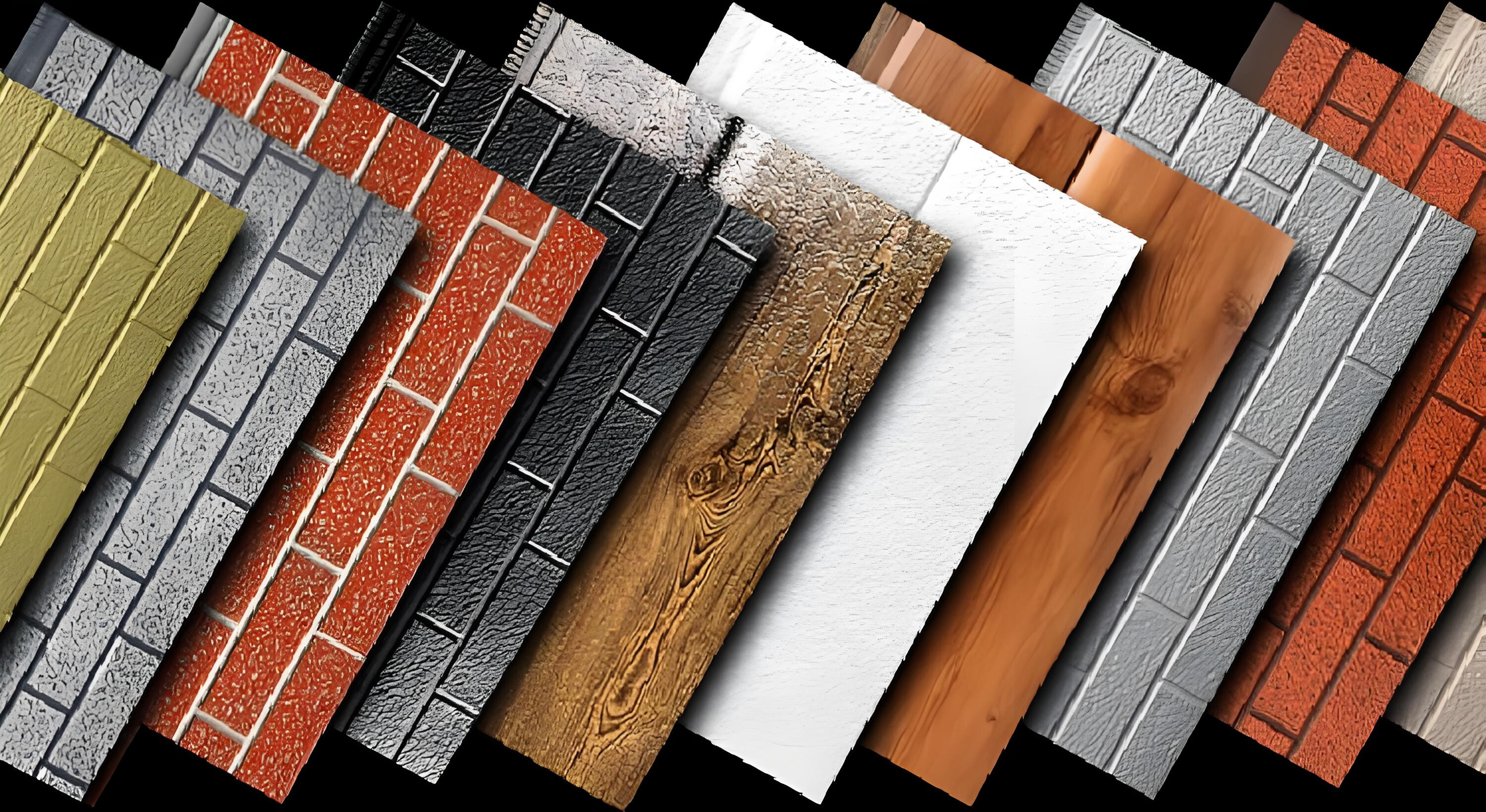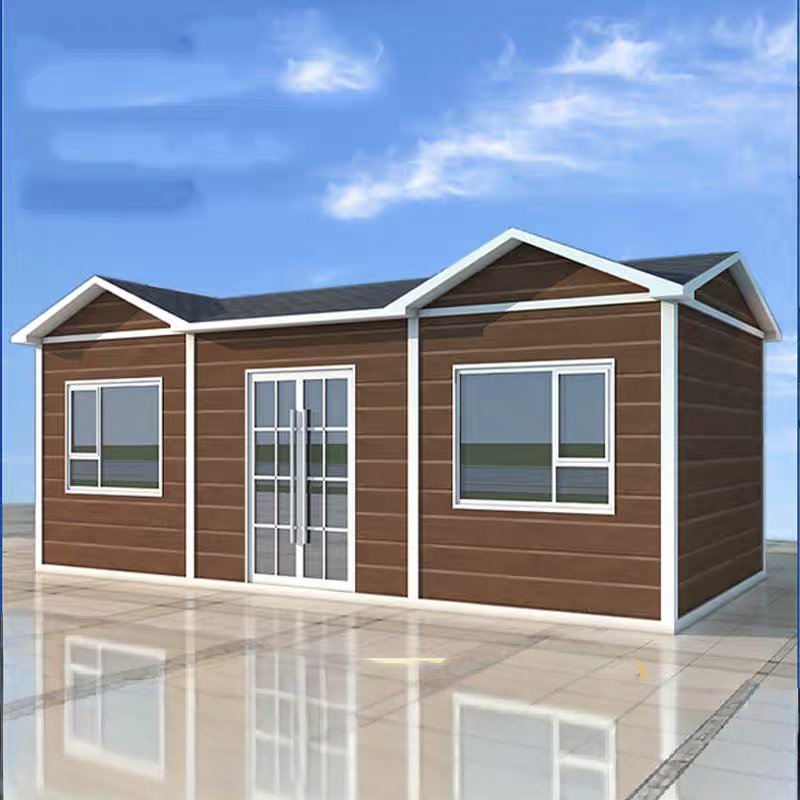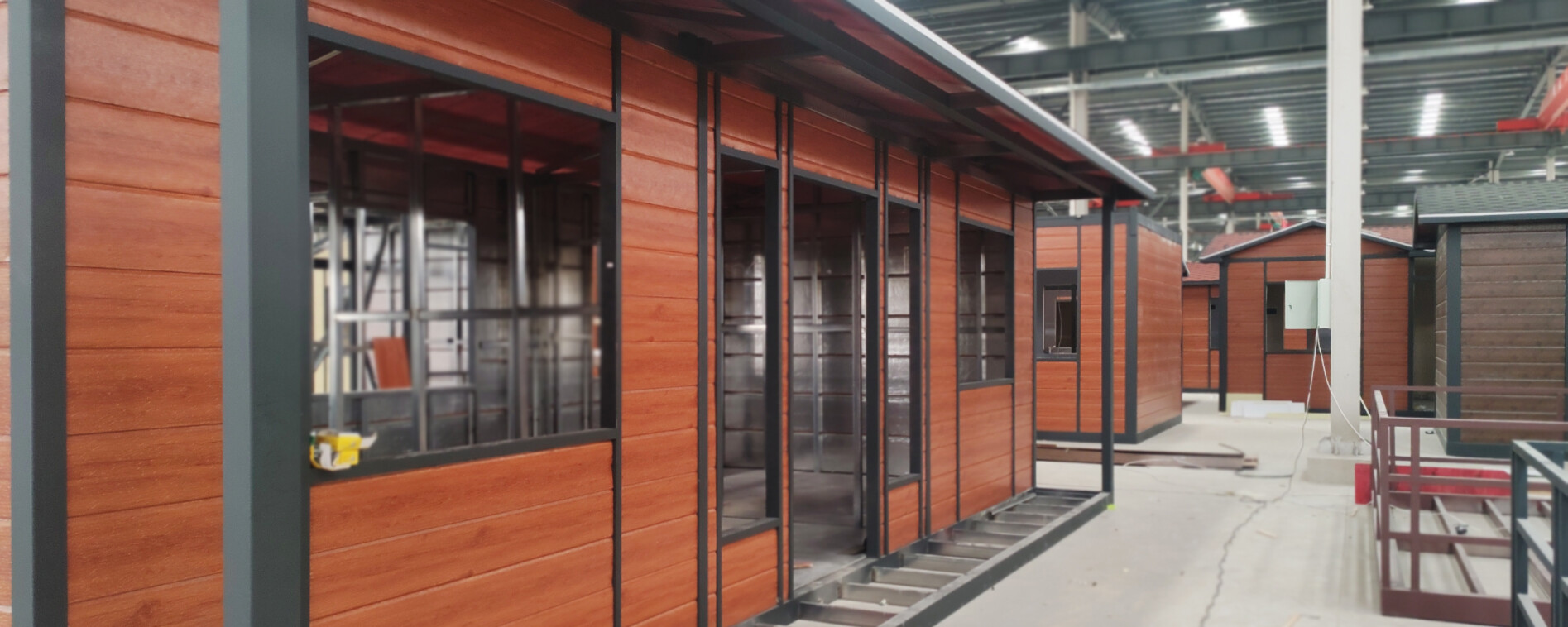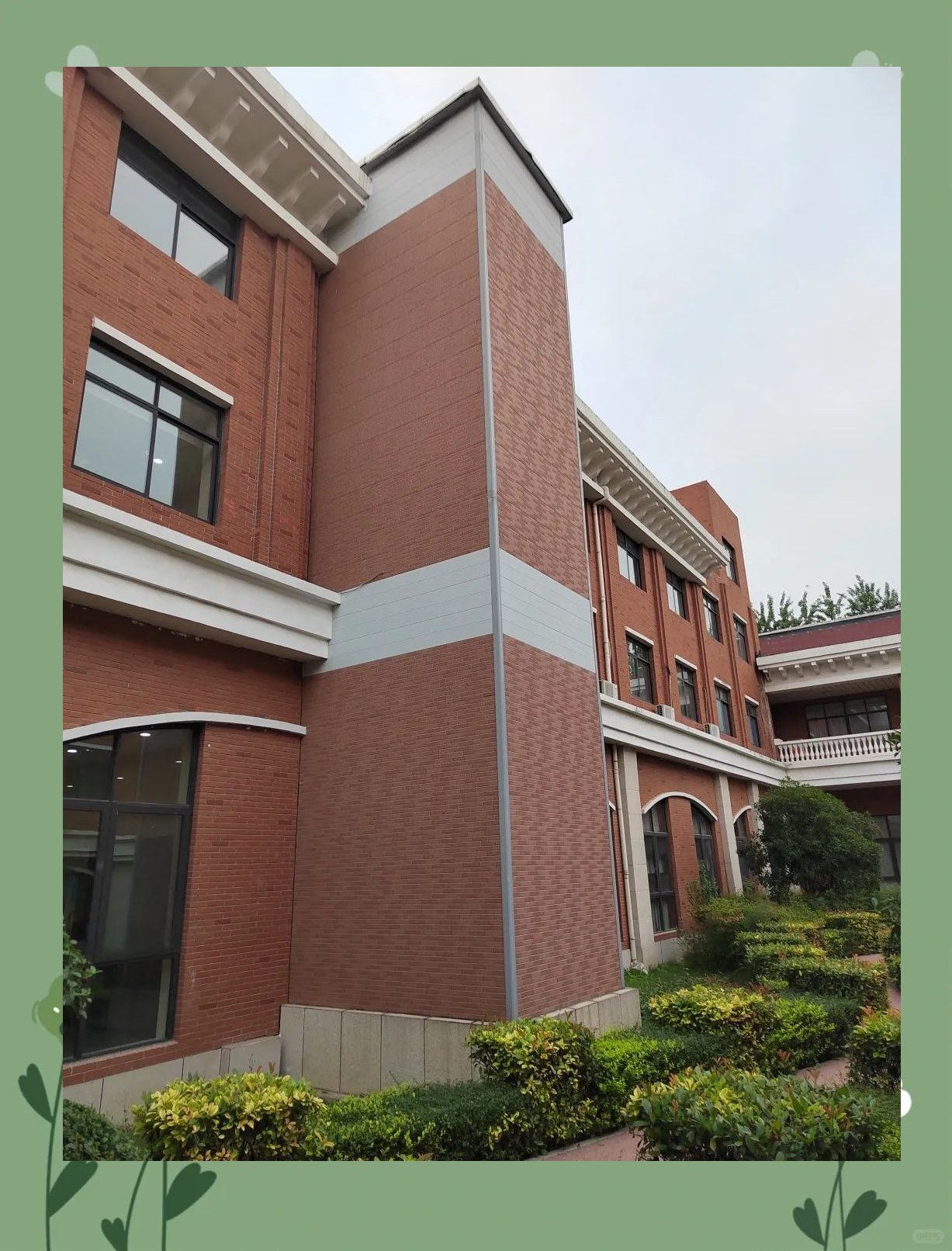
Introduction to Sandwich Panels
Sandwich panels are widely used in modern construction due to their excellent insulation properties, lightweight nature, and ease of installation. Two popular types are rock wool sandwich panels and EPS (Expanded Polystyrene) foam sandwich panels. Each has unique characteristics that make them suitable for different applications.
What is a Rock Wool Sandwich Panel?
Rock wool sandwich panels consist of a rock wool core sandwiched between two metal facings, usually steel or aluminum. Rock wool is a mineral wool made from volcanic rock, offering superior fire resistance and sound insulation.
Advantages of Rock Wool Sandwich Panels
- Fire Resistance: Rock wool is non-combustible, making it ideal for fire-prone areas.
- Sound Insulation: Excellent for reducing noise pollution in buildings.
- Thermal Performance: Maintains stable temperatures in extreme conditions.
- Durability: Resistant to moisture and mold.
Disadvantages of Rock Wool Sandwich Panels
- Higher Cost: More expensive than EPS foam panels.
- Weight: Heavier, requiring stronger structural support.
What is an EPS Foam Sandwich Panel?
EPS foam sandwich panels feature an expanded polystyrene core between metal facings. EPS is a lightweight, cost-effective material with good insulation properties.
Advantages of EPS Foam Sandwich Panels
- Cost-Effective: Lower initial cost compared to rock wool.
- Lightweight: Easier to transport and install.
- Thermal Insulation: Effective for moderate climates.
Disadvantages of EPS Foam Sandwich Panels
- Fire Risk: EPS is flammable unless treated with fire retardants.
- Sound Insulation: Inferior to rock wool.
- Durability: Susceptible to damage from moisture and pests.
Comparison Table: Rock Wool vs. EPS Foam Sandwich Panels
Which One Should You Choose?
The choice between rock wool and EPS foam sandwich panels depends on your project requirements:
Choose Rock Wool If:
- Fire safety is a top priority (e.g., industrial buildings, hospitals).
- You need superior sound insulation (e.g., schools, offices).
- Your project is in an area with extreme temperatures.
Choose EPS Foam If:
- Budget constraints are significant.
- Lightweight materials are preferred for easier installation.
- The project is in a moderate climate.
Other Options: Polyurethane and Metal Carved Panels
Besides rock wool and EPS foam, polyurethane sandwich panels offer high thermal efficiency and are often used in cold storage facilities. Metal carved panels provide aesthetic appeal and are popular for decorative facades.
Final Thoughts
Both rock wool and EPS foam sandwich panels have their merits. Assess your project's specific needs—whether it's fire resistance, sound insulation, or budget—to make an informed decision. For expert advice on selecting the right panel for your construction, consult with a professional supplier today.
Send Us A Message




